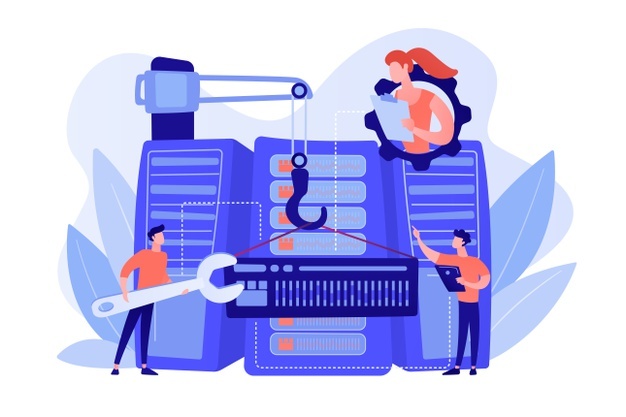Posted inProfessional Ethics & Human Values
‘Managers’ responsibility is to conduct business to increase profits’. Discuss.
• Nobel laureate Milton Friedman said ‘The social responsibility of business is to increase its profits……. …
